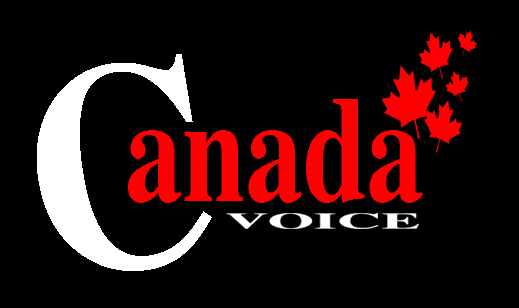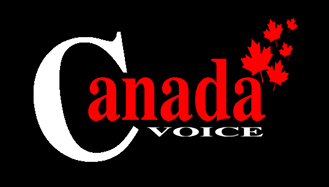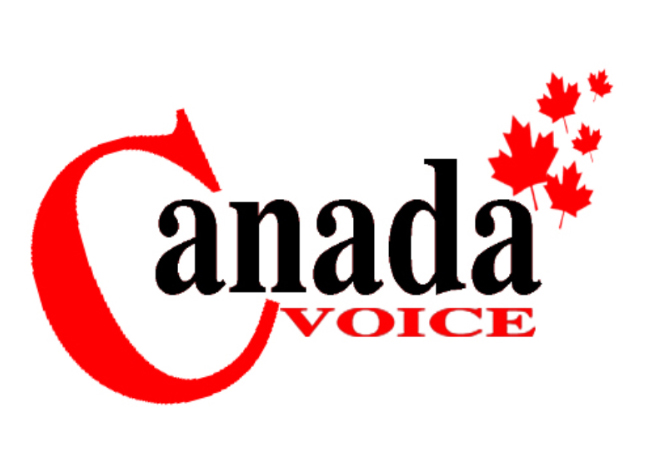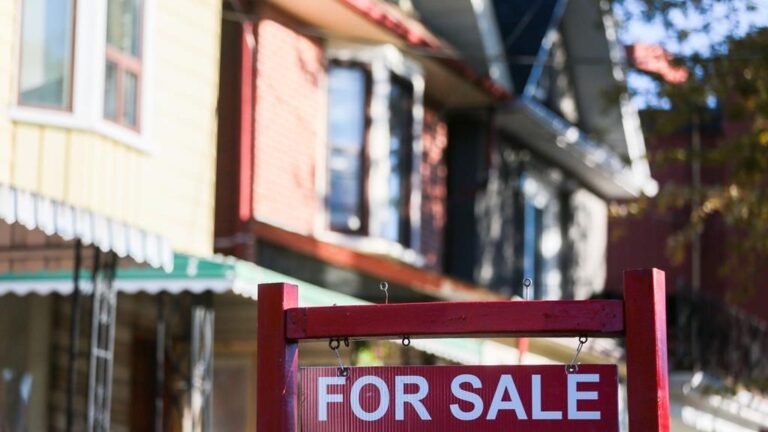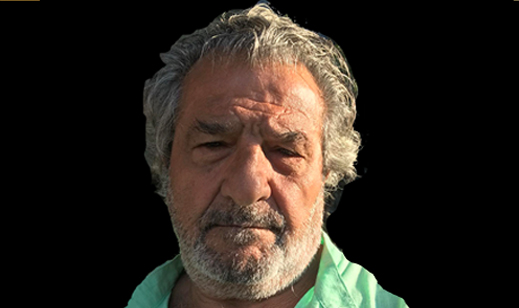CITYnews halifax / By Cormac MacSweeney
Financial and real estate professionals are trying to clear the air on halal mortgages, which have been in the spotlight since the Trudeau government vowed in the spring budget to begin consultations to possibly expand the alternative financial option.
Since that announcement, there has been a lot of confusion and speculation over what that will mean for consumers, and experts talked to CityNews to try and explain.
Why is there a need for halal mortgages?
Some religions have restrictions on interest, including Islam and Judaism. Devout Muslims are not supposed to pay or charge interest (riba), so they are either kept out of home ownership or turn to smaller lenders that offer alternative options, such as halal mortgages.
“There are many religious and cultural communities within Canada that want products, financial products…that are just structured differently, that are consistent with their cultures and religious requirements,” Walid Hejazi, professor of economic analysis and policy at the Rotman School of Management at the University of Toronto, said.
“This allows that Muslim family to get into a home, to get a mortgage…while following their religious rules,” Tim Hudak, CEO of the Ontario Real Estate Association and former leader of the Ontario PC Party, said.
How do halal mortgages differ from traditional mortgages?
A conventional mortgage typically involves a buyer purchasing a home with the bank’s money, and while the buyer holds title on the property the bank places a lien on it until the money is repaid during a set timeline.
During that time interest charges, which can fluctuate based on the central bank rate, are added to the principal amount, which provides profits to the lender.
A halal mortgage on the other hand is often similar to a rent-to-own model, with fees replacing the interest charge. Typically the lender will crunch the numbers and estimate the amount of money that would have been paid over the life of a conventional mortgage, and then apply that fee upfront as a part of the total amount.
There are three different structures, one acts similar to a lease, another is a joint ownership between the lender and buyer that slowly shifts over time, and the other involves the bank owning the property until the money is repaid.
“I want to buy a home. The home costs $1 million” Hejazi said. “I tell the bank this is the home I want. The bank buys the home for $1 million but they sell it to me for $2 million. Now there is a profit in there which is equivalent to the interest.”
Do halal mortgages save people money?
The short answer is not really. The goal of a halal mortgage is to use fees to charge buyers the same amount as a traditional mortgage over the lifetime of the arrangement. However, with the current unregulated models, some buyers end up paying more with a halal mortgage compared with a traditional one.
“In principle, I end up paying exactly the same amount if it was a conventional mortgage or a sharia-compliant mortgage, it’s just the process, how you get there, is different,” Hejazi adds.
Are halal mortgages only for Muslims?
No, and there are no indications the federal government plans to limit the option based on religion. In other countries that offer halal mortgages, anyone is able to apply for one if it makes sense for them financially.
“In the United Kingdom, where there are Islamic mortgages by many of the banks,” Hejazi said. “(About) 40 per cent of the mortgages are held by non-Muslims. So what that means is if these products are offered in Canada any Canadian can go to that financial institution and qualify for that mortgage whether they’re Muslim or not.”
Are halal mortgages new?
No, in fact, they have been offered in Canada for many years. The issue is they are only being offered by smaller lenders in an unregulated system. What the federal government is consulting on is the possibility of setting firm regulations so that the larger financial institutions can offer them more broadly.
“If the federal government sets up a regulatory system just like they do for existing conventional mortgages, that will make it a much more safe and secure way for Muslim families to get a halal mortgage,” Hudak said. “And by the way, we would like to see provinces follow because there are tax benefits that come along with it as well.”
Is Canada the only country doing this?
Nope, in fact, we are late to the game compared to many of our allies. Halal mortgages are more widely available in other G7 countries like the United States, the United Kingdom, Germany, and France.
“It’s happening in London, England, it happens in New York City, so why not Toronto or Vancouver?” Tim Hudak said.
The federal government began consultations in March with financial institutions and diverse communities. The budget says Canadians can expect an update on that process in the Fall Economic Statement.
